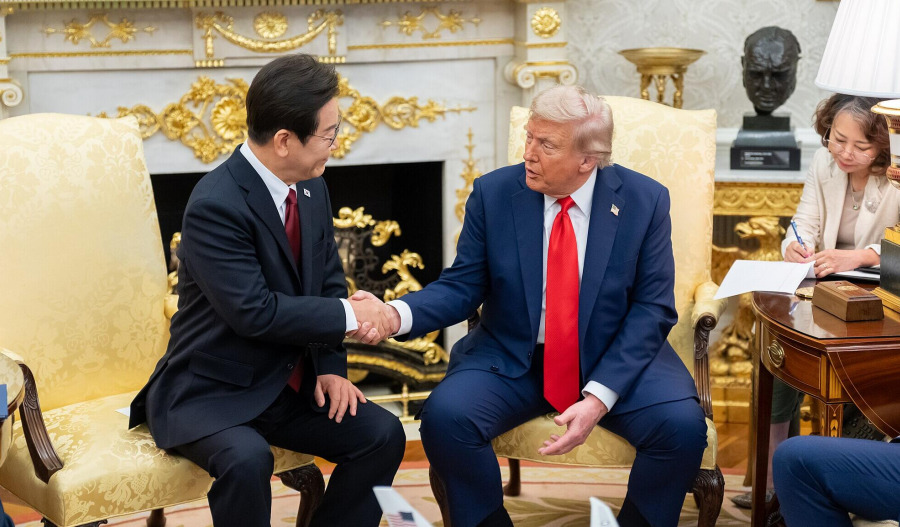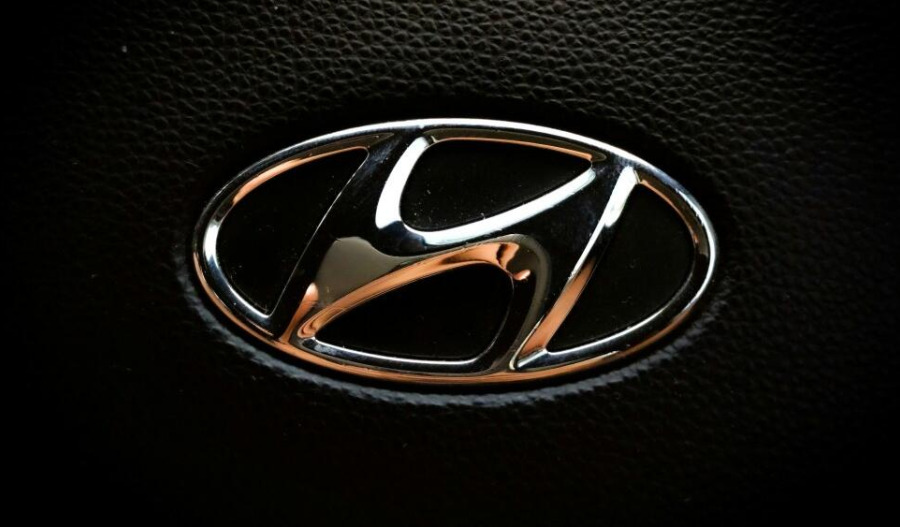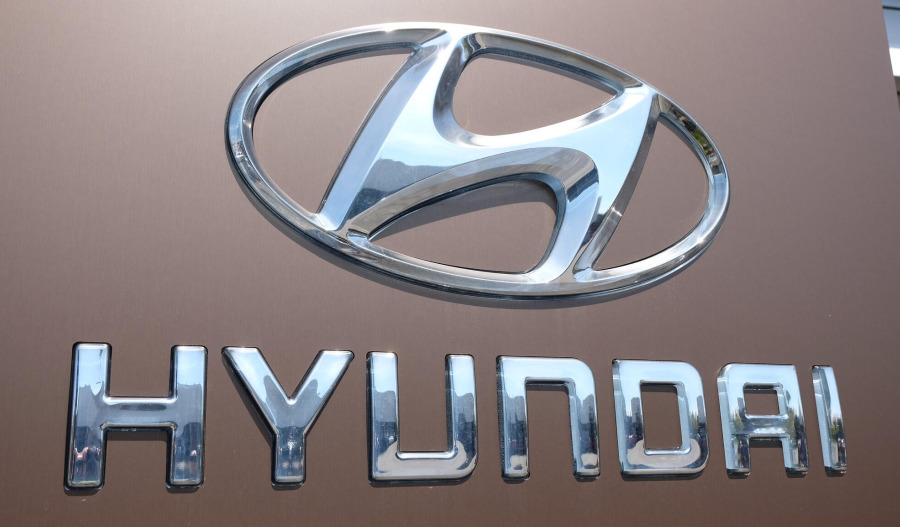Samsung Electronics and several other major firms announced new domestic investment plans yesterday during a meeting with President Lee Jae Myung, who expects the move to ease concerns that Korean companies might excessively refocus their attention and money towards the United States after the recent trade agreement.
In his meeting with the companies’ chiefs, Lee praised the country’s business sector for helping his government negotiate the trade deal with Washington, but urged them to maintain strong domestic investments amid concerns they might cut spending at home to invest more in America.
President Lee told media his government is exploring various policy steps, including easing regulations, to help create a more favourable business environment for the companies.
The meeting followed Seoul’s decision to invest US$350 billion in American industries, a move that helped the country avoid the highest tariffs threatened by the Trump administration.
The two governments on Friday released the details of the trade agreement, including US$150 billion in South Korean investments in the U.S. shipbuilding sector and an additional US$200 billion in other American industries, which Seoul says will be capped at US$20 billion annually to prevent financial instability.
The U.S., in turn, has agreed to reduce tariffs on South Korean cars and auto parts from 25% to 15%, and to apply tariffs on South Korean semiconductors on terms “no less favourable” than those granted to comparable competitors in the future.
Meanwhile, Samsung, a global heavyweight in computer chips, has committed to pouring 450 trillion won (around US$310 billion) into expanding operations in South Korea over the next five years.
This includes building a new production line at its Pyeongtaek complex to keep up with soaring global demand for semiconductors, driven heavily by AI.
The new facility is planned to start operating in 2028 and is part of Samsung’s effort to increase capacity for the long-term rise in memory chip needs.
The tech giant also plans to set up AI data centres in South Jeolla Province and the city of Gumi, supporting government goals to close the development gap between the Seoul region and other parts of the country.
Hyundai Motor, the nation’s biggest carmaker, announced it will invest 125 trillion won between 2026 and 2030. The company aims to strengthen domestic research and development while pushing ahead with AI, robotics, and autonomous driving technologies.
SK Group—another key semiconductor player—along with shipbuilders Hanwha Ocean and HD Hyundai, has also revealed plans to boost its domestic investments.
Both shipbuilders play a central role in South Korea’s commitments to enhance the U.S. shipbuilding sector, one of Donald Trump’s major points during negotiations.
SK Chair Chey Tae-won expects the agreement with Washington to reduce uncertainty and open the door for more confident investment within South Korea.
SK plans to invest at least 128 trillion won domestically through 2028, with a major focus on AI.
Yesterday’s announcement by President Lee pre-empts a visit by U.S. President Donald Trump, who heads to South Korea on Wednesday for high-stakes discussions during which both leaders are expected to hammer out the details of the US$350 billion investment pledge underpinning the critical trade deal between the two nations.
While the U.S. and South Korea announced an initial trade deal in July, protracted negotiations between the two economies have dragged on for months.
Key details, including the composition of the South Korean investment pledge, remain unresolved.



